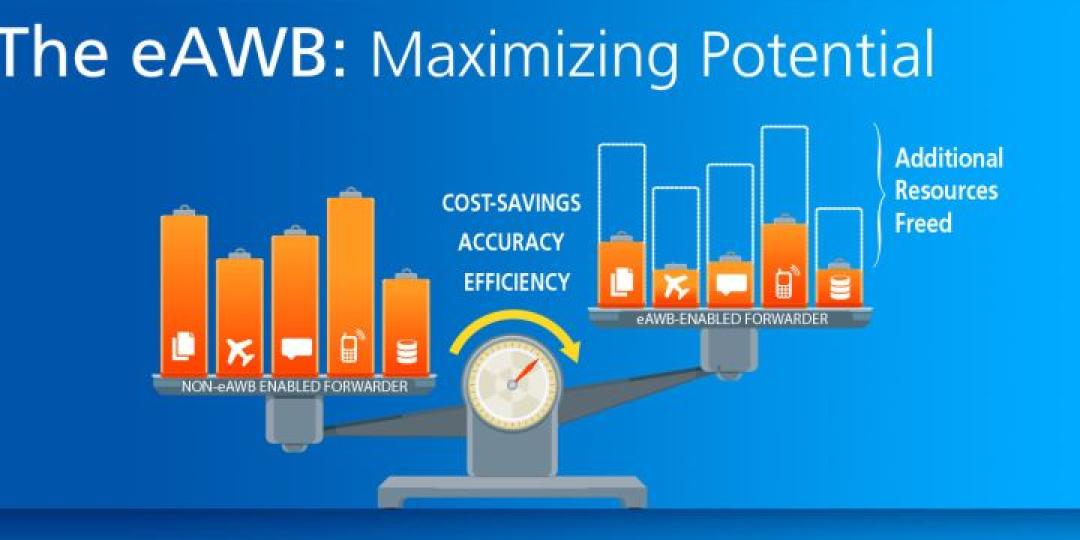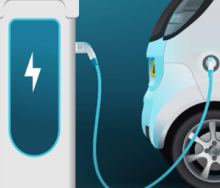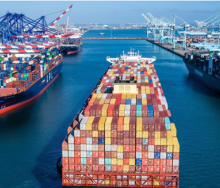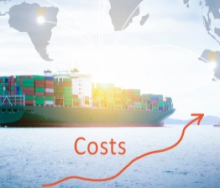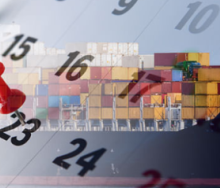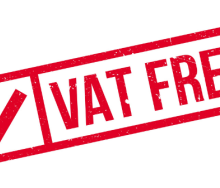Eight years after its introduction in 2010, the electronic Air Waybill (e-AWB) will become the default contract of carriage for all air cargo shipments on enabled trade lanes by 1 January 2019. As of September, e-AWB is at 55.9% global penetration, and with the electronic contract becoming the default, our industry enters a new era where digital processes will be the norm, according to a statement from the International Air Transport Association.
“The e-AWB has been a key enabler of the digitalisation and transformation of our industry, and the growing number of stakeholders using it demonstrates that the industry is committed and ready for it,” a spokesman said.
Jan-Wilhelm Breithaupt, vice president, global handling at Lufthansa Cargo, says that the change of standard from paper to e-AWB is a historical milestone. “The digital transformation reveals great chances for improved efficiency, raised transparency, lowered total transportation times and improved customer experience,” he says. He compares this milestone with the shift to e-tickets in passenger services, and says that it is “an important step towards a holistic digital environment and new services for stakeholders along the supply chain that wouldn’t be possible with a pure paper-based process.”
Freight forwarders also see the value of digitization in the air cargo industry. “e-AWB has been an important process since 2010 and we are eager to move towards a 100% penetration level,” -said Lothar Moehle, director AVSEC & governance at Schenker AG. “With the decision towards default e-AWB, the industry is just taking the next logical step.”
